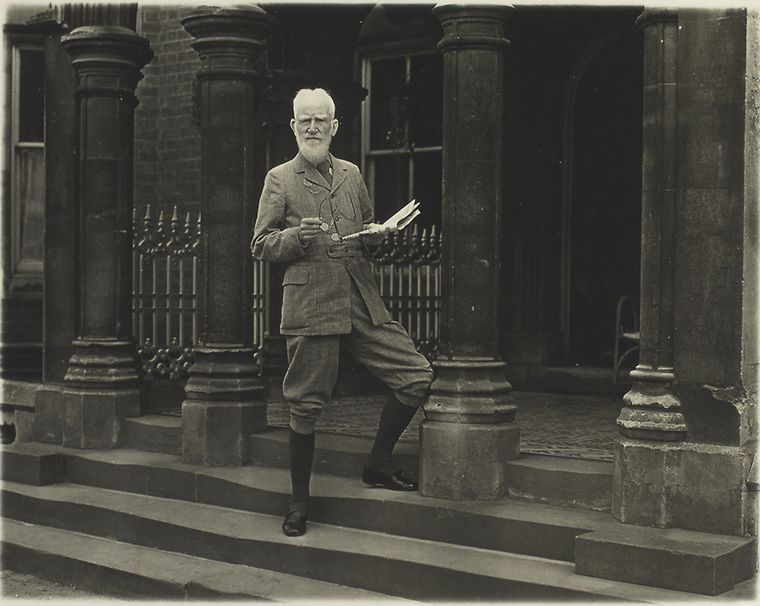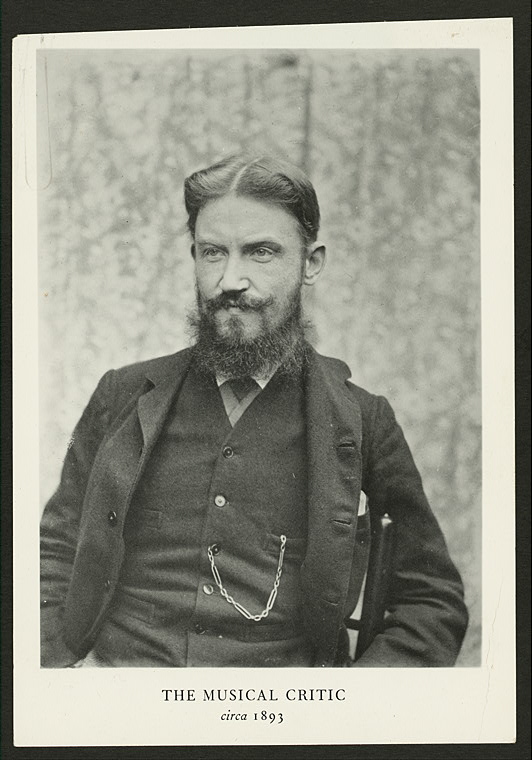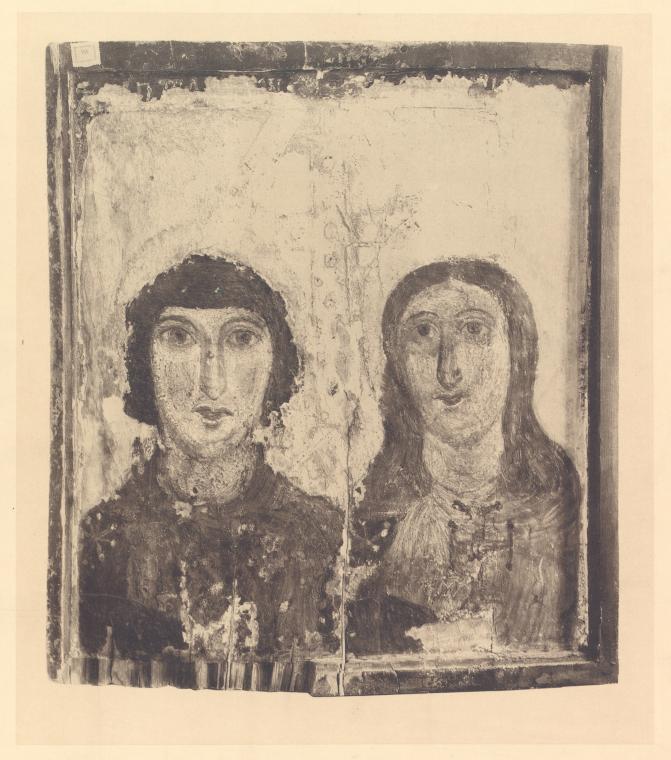Read E-Books with SimplyE
 With your library card, it's easier than ever to choose from more than 300,000 e-books on SimplyE, The New York Public Library's free e-reader app. Gain access to digital resources for all ages, including e-books, audiobooks, databases, and more.
With your library card, it's easier than ever to choose from more than 300,000 e-books on SimplyE, The New York Public Library's free e-reader app. Gain access to digital resources for all ages, including e-books, audiobooks, databases, and more.
If you don’t have an NYPL library card, New York State residents can apply for a digital card online or through SimplyE (available on the App Store or Google Play).
Need more help? Read our guide to using SimplyE.
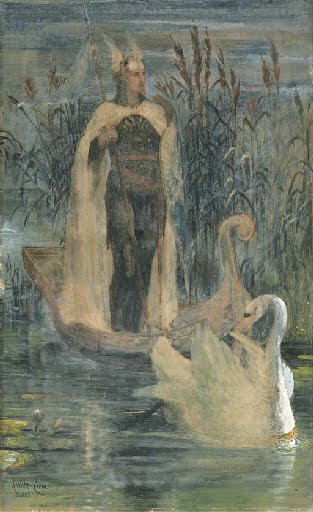

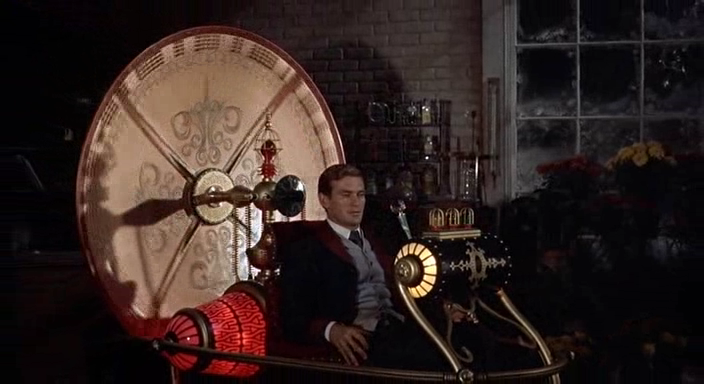


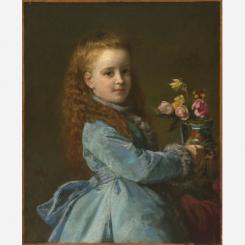



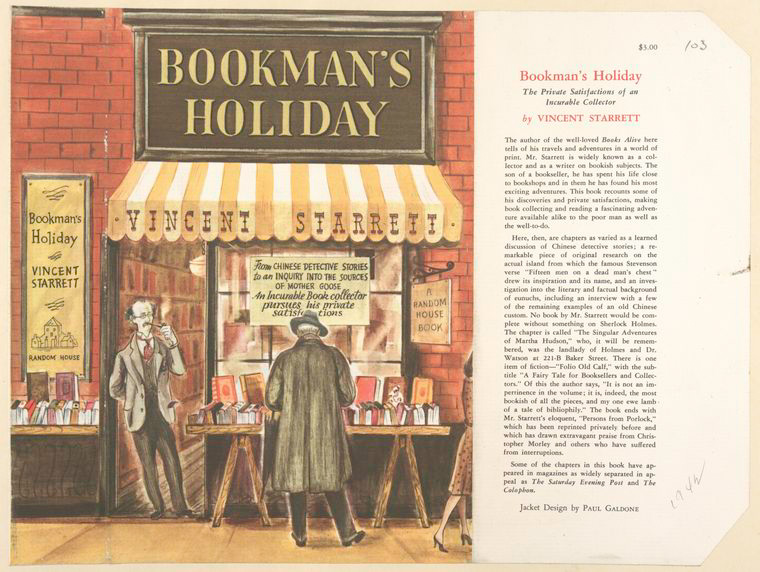
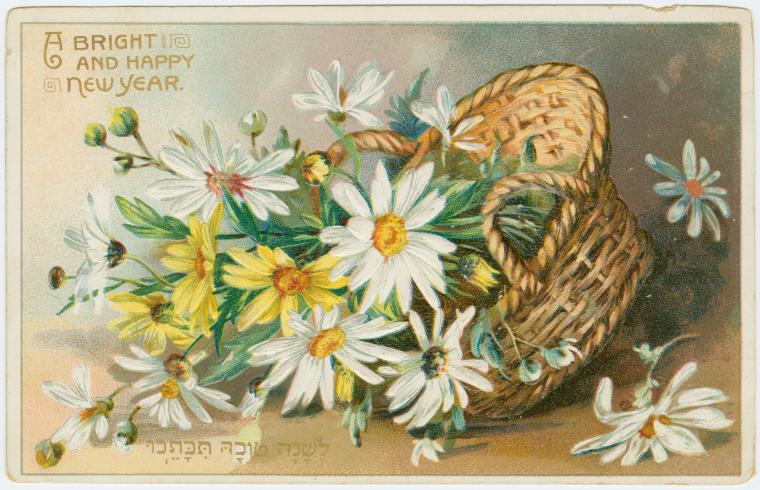
![In that golden summer time / words and music by W. R. Williams.,Tell me can it be that from your memory. [first line],Don't you remember once upon a time. [first line of chorus], Digital ID 1957633, New York Public Library In that golden summer time / words and music by W. R. Williams.,Tell me can it be that from your memory. [first line],Don't you remember once upon a time. [first line of chorus], Digital ID 1957633, New York Public Library](https://images.nypl.org/?id=1957633&t=w)


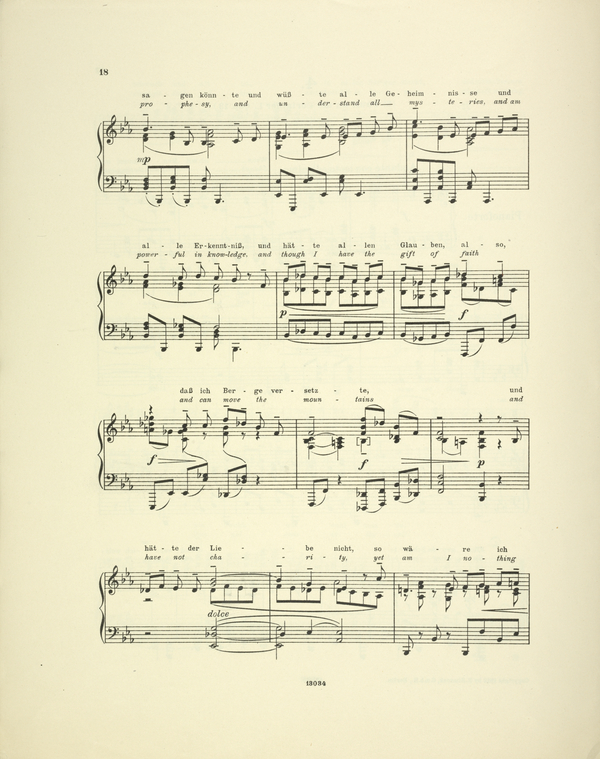






![Long years ago, two lovers quarrled. [first line],Time will tell alone. [first line of chorus],Time will tell / words by Harry S. Miller ; music by H.W. Petrie., Digital ID 1165746, New York Public Library Long years ago, two lovers quarrled. [first line],Time will tell alone. [first line of chorus],Time will tell / words by Harry S. Miller ; music by H.W. Petrie., Digital ID 1165746, New York Public Library](https://images.nypl.org/?id=1165746&t=w)




